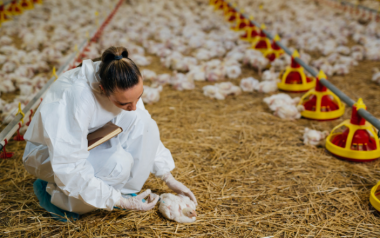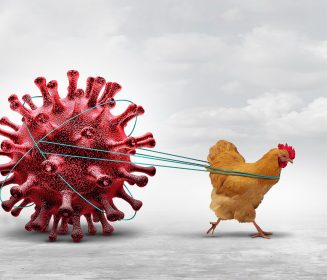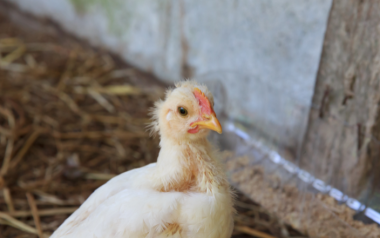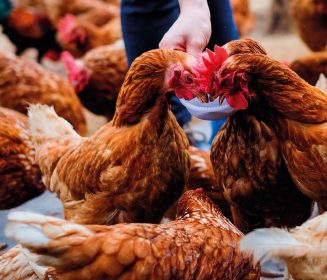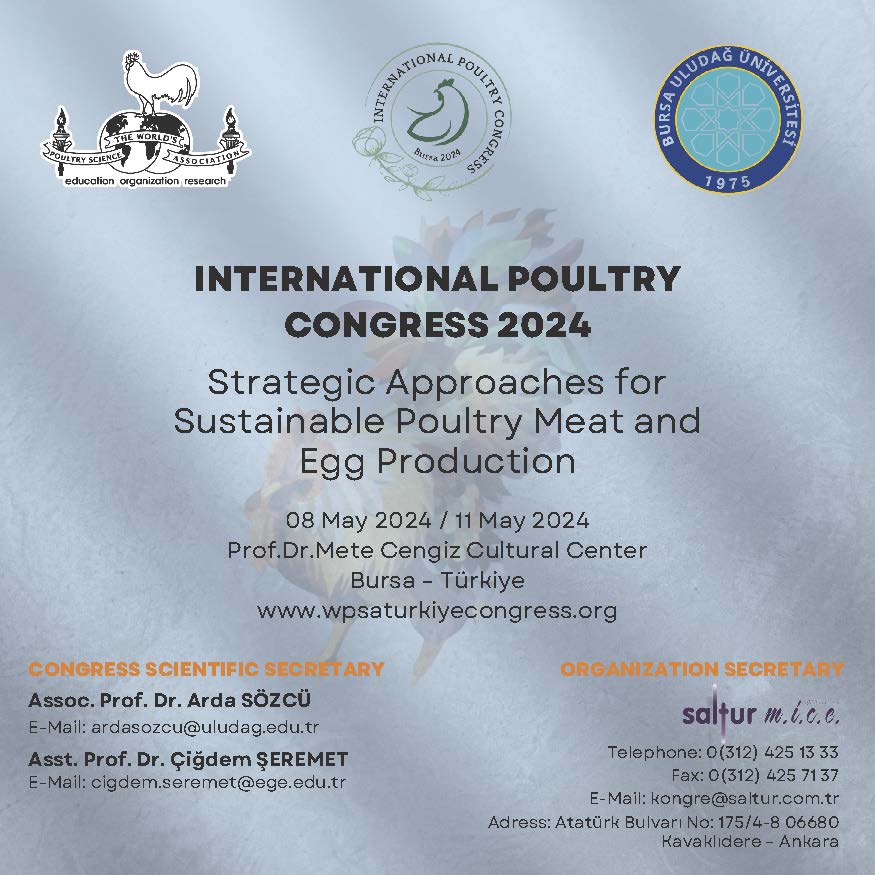Sources: Available upon request
Poultry shops closures in Tlaxcala, Mexico
In recent weeks, Tlaxcala, a state in central Mexico, has been grappling with a health crisis related to poultry consumption. The closure of 30 poultry shops has raised concerns and shed light on the importance of food safety regulations.
In recent weeks, Tlaxcala, a state in central Mexico, has been grappling with a health crisis related to poultry consumption. The closure of 30 poultry shops has raised concerns and shed light on the importance of food safety regulations.
The Guillain-Barré Syndrome outbreak
The catalyst for these closures is the outbreak of Guillain-Barré syndrome, also known as acute flaccid paralysis. As of now, there are 81 active cases of this rare neurological disorder in Tlaxcala. The syndrome primarily affects the peripheral nervous system, leading to muscle weakness and, in severe cases, paralysis. Tragically, four deaths have been reported in connection with this outbreak.
The role of poultry shops
The Secretariat of Health took swift action in response to the rising cases. On April 1, 2024, they closed down 30 poultry shops across the state. These establishments were found to be lacking essential refrigeration measures and were selling chicken meat that did not meet quality standards. The presence of Escherichia coli, a bacterium associated with Campylobacter jejuni, was detected in these shops. This bacterium has been linked to Guillain-Barré syndrome.
Food safety measures and public concern
The State Commission for the Protection of Health Risks (Coeprist) conducted inspections at 68 poultry shops in approximately 27 municipalities. These inspections were prompted by the identification of cases of acute flaccid paralysis and Guillain-Barré syndrome. As a result, 30 of these shops were shut down. The public has become cautious, avoiding chicken purchases, which has led to a decline in sales.
Understanding Guillain-Barré Syndrome
Guillain-Barré syndrome often follows an infection, and in this outbreak, contaminated water is suspected as a potential source. Improper washing and disinfection of food items may also contribute to its spread. The syndrome’s hallmark is the sudden loss of muscle strength, affecting limbs and reflexes. In severe cases, patients may experience respiratory and swallowing difficulties, which can be life-threatening.
Preventive measures and vigilance
The state health authorities have been proactive since March 11, implementing surveillance measures to prevent further outbreaks. They emphasize the importance of safe water consumption and proper handling of food. Guillain-Barré syndrome can be associated with other infectious diseases, malformations, and injuries affecting the peripheral nervous system.
Conclusion
As Tlaxcala grapples with this health crisis, it serves as a reminder of the critical role food safety plays in our lives. The closure of poultry shops underscores the need for stringent regulations and vigilance to protect public health. Let us hope that swift action and awareness will help contain the outbreak and prevent further tragedies.








